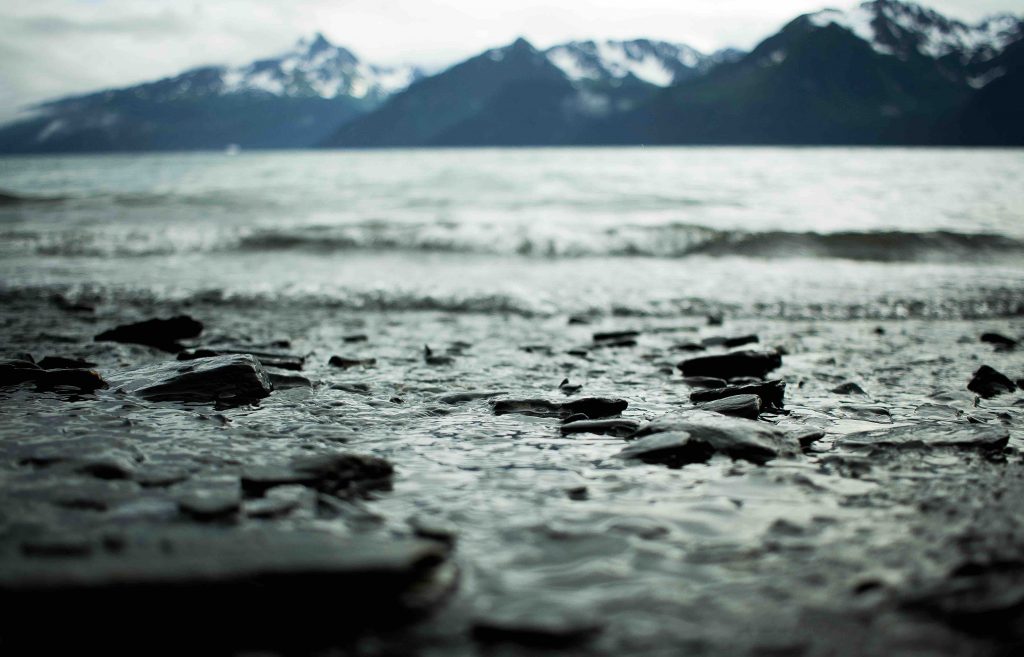
In the 1960s, President Lyndon Johnson declared the war on drugs, which has been by far the longest and most costly of all US wars. In this ongoing war, the US government has made several arrests and has busted several drug rings. Most recently, the US government captured Mexican drug lord El Chappo Guzman.
As part of the war on drugs, Congress enacted various forms of legislation to counter the effect of drug trafficking. The United States federal code criminalizes various offenses that are related to drug trafficking, including operating a submersible vessel without nationality, which will be explained below. The purpose of this law is to combat drug trafficking, which is another front in the war on drugs.
War on Drugs
In its infancy, drug trafficking generally originated on various farms in South America from which drugs were shipped to the United States, the largest consumer market of illegal drugs. At first, smugglers trafficked the drugs via their suitcases and carry-ons. Once that became too difficult, drug traffickers used people who swallowed balloons filled with substances for smuggling into the US. Once that option became unfeasible, smugglers increased use of the water routes to the United States where detection was harder due to the numerous marinas across the coasts and lack of oversight.
To combat drug smuggling via water routes, the US government became more active in policing its waterways, especially smuggling routes in the Gulf of Mexico. To further combat waterway smuggling routes, Congress enacted various legislation to inhibit smugglers’ ability to access US ports.
Submersible Without Nationality
The law provides that: “Offense.—Whoever knowingly operates or attempts or conspires to operate, by any means, or embarks in any submersible or semisubmersible vessel that is without nationality and that is navigating or has navigated into, through, or from waters beyond the outer limit of the territorial sea of a single county or a lateral limit of that country’s territorial sea with an adjacent country, with intent to evade detection, shall be fined under this title, imprisoned not more than 15 years, or both.”
The idea is to allow the Coast Guard to search ships sailing in US waters that do not have a nationality because such ships are usually involved in the drug trafficking scheme.
The term semisubmersible is defined as: “Semi-submersible vessel.—The term “semi-submersible vessel” means any watercraft constructed or adapted to be capable of operating with most of its hull and bulk under the surface of the water, including both manned and unmanned watercraft.”
In general, ships fly under a flag of a specific jurisdiction and are subject to the laws of that jurisdiction. If a jurisdiction does not flag a ship and that ship is operating in US territorial waters then such a ship is in violation of the law and those operating the ship face stiff penalties.

